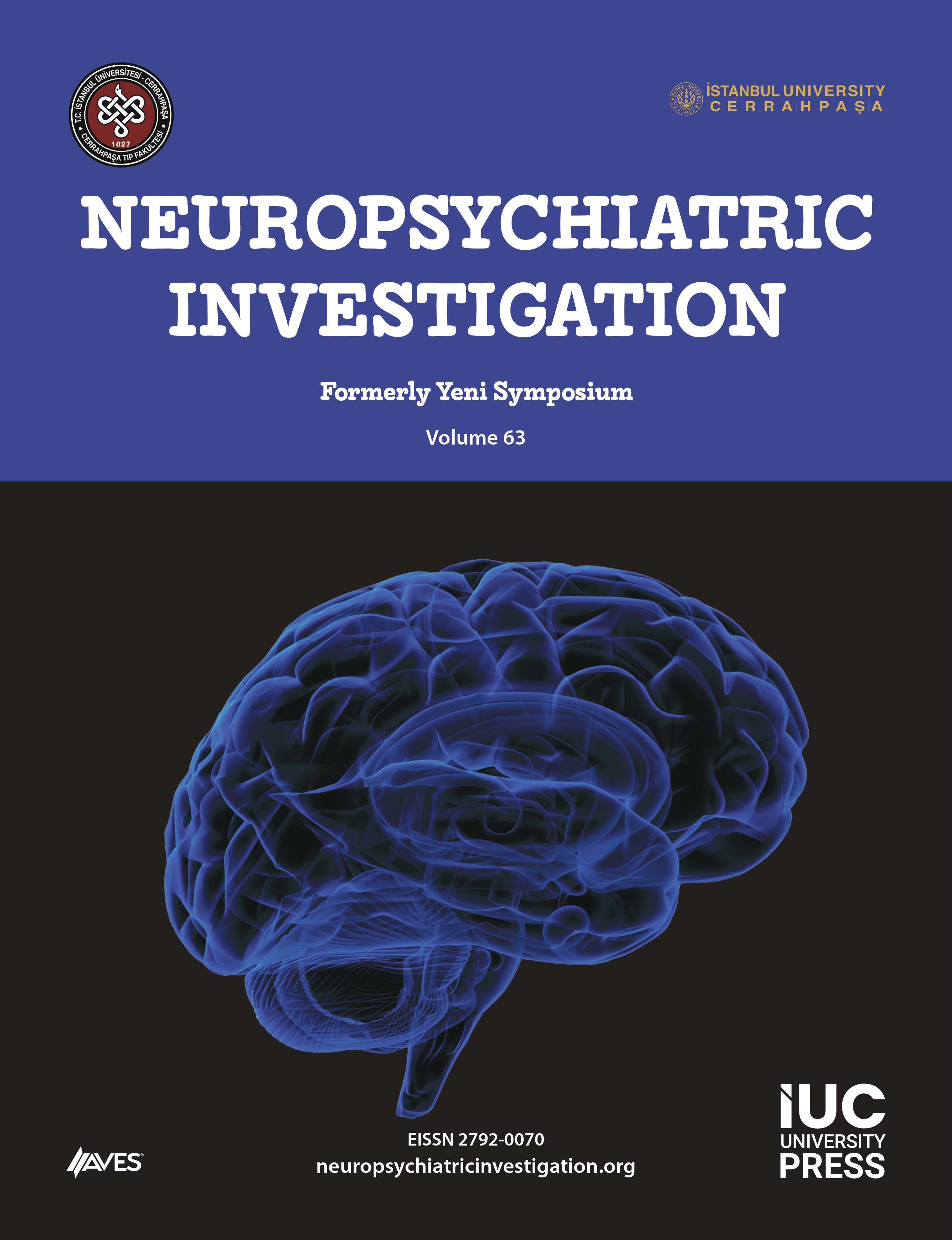Objective: Vitamin D deficiency has been proposed to play role in a series of psychiatric disorders including schizophrenia, however there have not been any knowledge regarding relationship between vitamin D deficiency and deficit syndrome schizophrenia (DS). In this study, we aimed to evaluate the relationship between vitamin D deficiency and deficit syndrome by comparing serum vitamin D levels of deficit schizophrenia patients and non-deficit schizophrenia (NDS) patients.
Methods: Sixty-six patients who had the diagnosis of schizophrenia were included. Twenty-six patients comprised the DS group, while forty patients comprised the NDS group. The severity of illness was assessed with Scale of Assessment of Negative Symptoms (SANS), Scale of Assessment of Positive Symptoms (SAPS), and Brief Psychiatry Rating Scale (BPRS). Vitamin D concentrations of both groups were measured by an electrochemiluminescence method.
Results: The groups were similar regarding age and gender (t=1.32; p=0.18 and X2=0.35; p=0.36 , respectively). The mean SANS score and BPRS was higher in DS group compared to NDS group (t=-3.86; p<0.001 and t=-2.13; p=0.03, respectively). The mean score of SAPS was found to be higher in NDS group compared with DS (t=-2.17; p=0.03). No statistically significant difference was observed between groups regarding serum 25(OH)D levels (t=1.36; p=0.17).
Conclusion: The findings of the present study may suggest that vitamin D deficiency do not play a role in etiology of DS, although previous reports imply a relation between the vitamin D deficiency and schizophrenia. Further studies are needed to clarify the role of vitamin D in subgroups of schizophrenia.




.png)